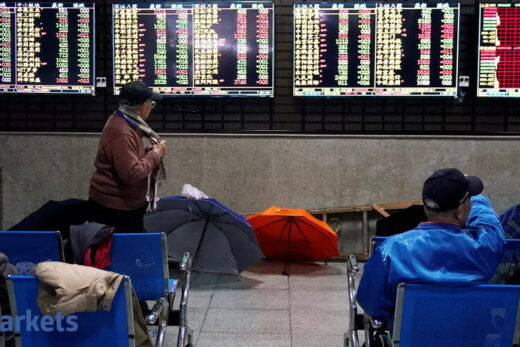The monetary authority has conveyed these “major concerns” to the government, Governor Shaktikanta Das said in an interview to CNBC TV-18 Wednesday. Prime Minister Narendra Modi’s administration is proposing to prohibit all private cryptocurrencies in the country and create a framework for an official digital currency.
While Das didn’t elaborate, the RBI has in the past expressed concerns on digital currencies related to issues ranging from money laundering to funding terrorists. It had banned banks and other regulated entities from supporting crypto transactions in 2018 after digital currencies were used for fraud following Modi’s landmark demonetization program that replaced India’s cash with new bills. The Supreme Court cut the curbs last year in response to a petition by cryptocurrency exchanges.
The RBI is “very much in the game” in getting ready to launch its own digital currency, Das said, joining other central banks including China’s electronic yuan.
While there was no set date for roll out, the project is “receiving our full attention” and the central bank is working on the technology and procedural aspects and is tying up several loose ends, Das said.
Bitcoin, buoyed by a tide of monetary and fiscal stimulus across the globe, has had a volatile five-fold surge over the past year. The largest cryptocurrency rallied back above $50,000 on Wednesday after supportive comments from Ark Investment Management’s Cathie Wood. Believers such as Wood see an emerging asset class being embraced by long-term investors, not just speculators. Critics, meanwhile, fear Bitcoin is a bubble that will inevitably burst.
Tesla Inc. Chief Executive Officer Elon Musk in recent tweets said Bitcoin prices “seem high,” having earlier called it a “less dumb” version of cash. Microsoft Corp. co-founder Bill Gates cautioned about how investors can be swept up in manias. Treasury Secretary Janet Yellen said Bitcoin is an “extremely inefficient way of conducting transactions.”



